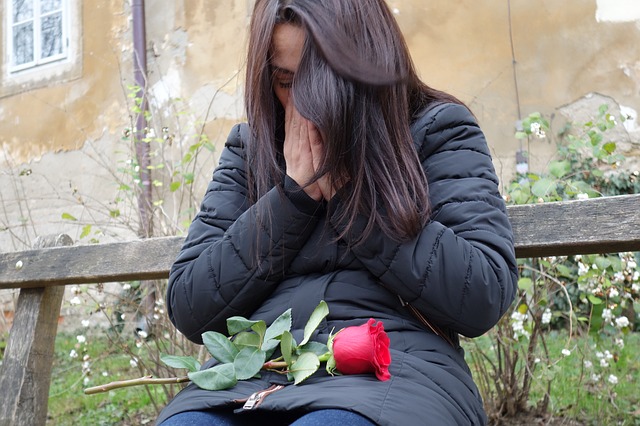 In a gesture meant to bring closure to couples who suffered the loss of a stillborn child, the Netherlands is now allowing these grieving parents to register their child in the Personal Records Database. However, after a young woman was permitted to register the child she aborted at 14 weeks, experts say this could lead to a whole new conversation about abortion.
In a gesture meant to bring closure to couples who suffered the loss of a stillborn child, the Netherlands is now allowing these grieving parents to register their child in the Personal Records Database. However, after a young woman was permitted to register the child she aborted at 14 weeks, experts say this could lead to a whole new conversation about abortion.
Writing for LifeSiteNews, Jonathon Van Maren, popular writer, radio host and communications director for the Canadian Centre for Bio-Ethical Reform, explains the government’s new law which was in response to a petition signed by 82,000 people who wanted their sons and daughters who died before birth to be recognized as people of value.
Although meant for parents of stillborn children, the ink was barely dry on the new law when a grieving young mother named Yara came forward and requested permission to register the baby she aborted at 14 weeks. According to the woman’s attorney, Don Ceder, a prominent young Dutch lawyer and city councilor for the Christian Union party in Amsterdam, Yara hoped that registering her baby as a legal person might help bring her closure.
“After Ceder examined the law, he discovered that there was no reason why an aborted child could not be registered,” van Maren reports. “The new regulations do not specify the cause of death or the duration of the pregnancy as factors in which children may be registered, although it is safe to say that the cognitive dissonance with which we treat pre-born life in the womb probably caused this particular scenario to come as a total shock.”
Regardless of the politics of abortion, officials at Amsterdam’s City Hall “received [Yara’s] request with sympathy” and even “condoled Yara for her loss,” Ceder told the Reformatorisch Dagblad (R.D.).
The grieving young woman was given a birth certificate for her child and added the baby’s name to Yara’s personal record.
Whether she meant to do this or not, Yara may have changed the conversation about life in the womb forever.
As van Maren writes, “Ceder is not the only one asking how society can reconcile their formal recognition of children who died in the womb as Dutch persons and a state-sponsored abortion regime that violently ends the lives of children in the womb for virtually any reason or for no reason at all. It is obvious to any rational observer that these children cannot both be valuable persons and killable clumps of cells at the same time.”
For his part, Ceder is hoping stories like Yara’s will “create a space” where people can reconsider abortion.
“Who knows, maybe all parties will reach the conclusion that we haven’t been dealing with our appreciation of unborn life as consistently as we thought, and that we can no longer fail mothers like Yara,” Ceder told the R.D.
Kees van Helden of the Dutch pro-life organization Cry for Life told van Maren: “For a lot of women this addition to the law is a step forward in the process of dealing with grief after abortion. We hope it will accelerate into a much broader public debate so that more people can become aware of what happens during an abortion.”
This is hardly wishful thinking. After passage of such a law, it’s almost inevitable that the Netherlands will one day have to confront its abortion laws.
“The fact that a woman can now register her aborted child as a person, with a name and a date of birth, should force our government, and perhaps other governments as well, to re-examine the abortion laws,” van Helden said.
“Because according to what is now their own logic, our societies are killing human beings.”
May God help them to see what we have known for the last forty years – when it comes to women and the unborn – both lives matter!
© All Rights Reserved, Living His Life Abundantly®/Women of Grace® http://www.womenofgrace.com









